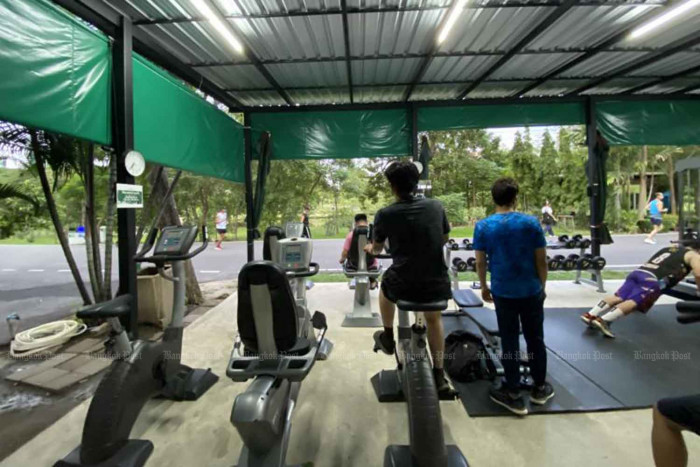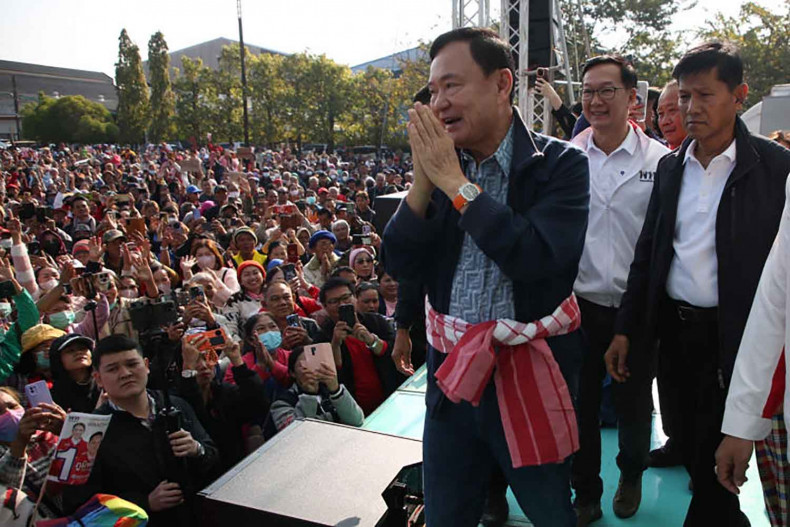Investigation Results on Gym Procurement Allegations
No Evidence of Corruption in Bangkok Gym Equipment Procurement
An investigation into the procurement of exercise equipment for seven recreation and sports centers in Bangkok has concluded with no evidence of graft. The inquiry, announced by Bangkok Governor Chadchart Sittipunt on January 14, focused on allegations involving 29 Bangkok Metropolitan Administration (BMA) officials. The project, valued at 77.22 million baht, aimed to provide public exercise equipment at facilities like the On Nut Sports Centre and the 72nd Anniversary Stadium.
Allegations Stemmed from Procurement Terms
The controversy began when the Anti-Corruption Organisation of Thailand (ACT) raised concerns about unfair procurement terms. The bidding process required companies to have completed at least 40 contracts of similar value, limiting participation to only two firms. These companies secured contracts at inflated prices, with items like treadmills priced at 759,000 baht—far above the market rate of 100,000–300,000 baht.
Governor’s Statement on Procurement Flaws
Flaws in State Procurement Laws Highlighted
Governor Chadchart acknowledged that flaws in state procurement laws contributed to the controversy. Despite these issues, the inquiry found no violations of procurement regulations by BMA officials. The governor emphasized the need for legislative reforms to prevent similar problems in future projects.
ACT’s Role in Highlighting Price Discrepancies
The ACT had criticized inflated reserve prices and limited competition in the bidding process. However, the investigation concluded that these issues did not constitute corruption or misconduct by officials. The findings were seen as a step toward addressing systemic flaws in public procurement practices.
Background on the Controversy
Initial Claims and Public Concerns
The allegations surfaced when ACT reported that procurement terms unfairly favored certain companies. This led to public scrutiny over inflated prices and limited competition. The treadmill pricing became a focal point of criticism, sparking calls for transparency in government projects.
Broader Implications for Anti-Corruption Efforts
While this specific inquiry found no wrongdoing, it highlighted broader issues within state procurement laws and governance. Governor Chadchart reiterated his commitment to tackling corruption and improving public trust in government operations.








